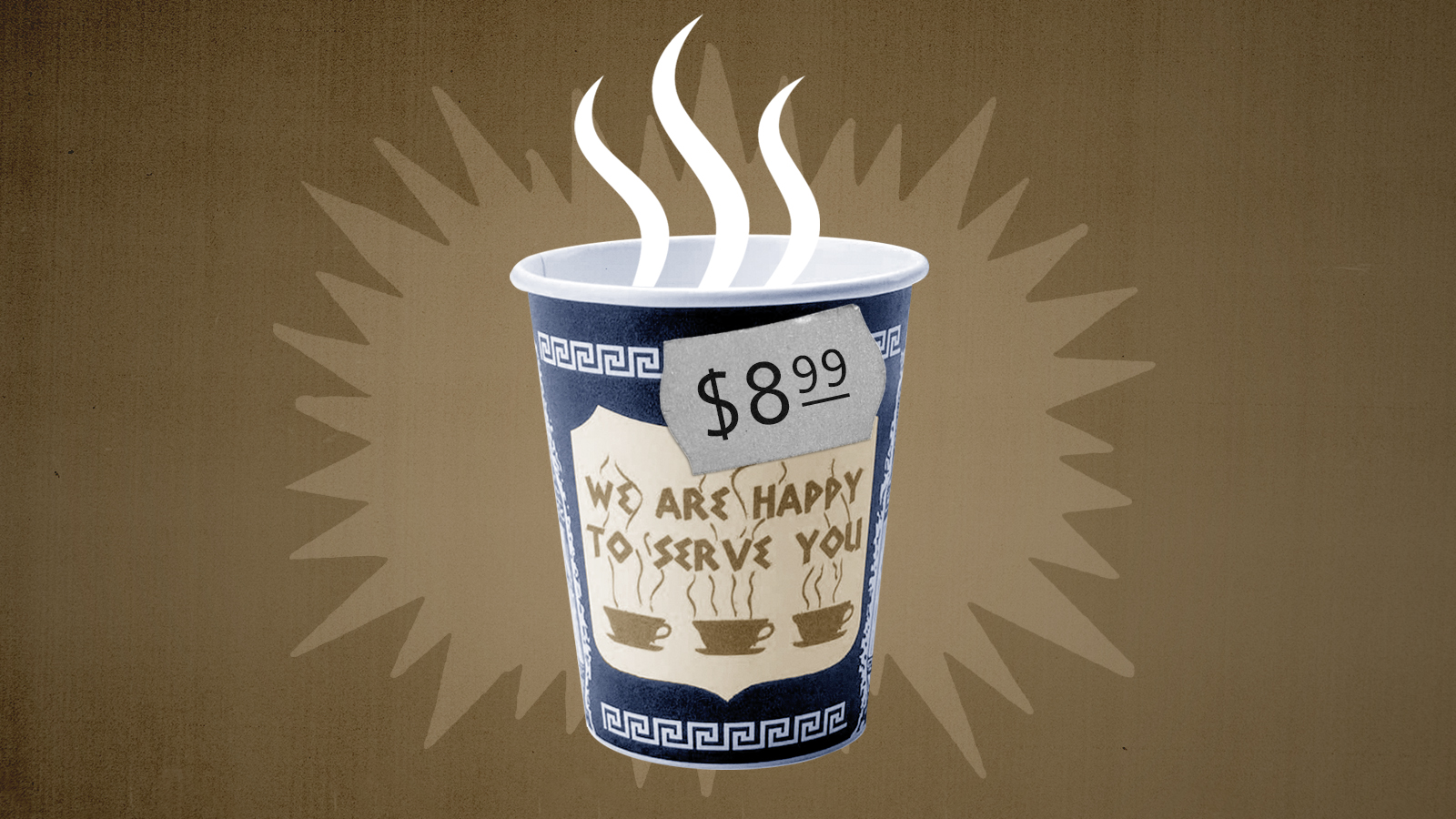Back to the office? Bad for Biden.


A free daily email with the biggest news stories of the day – and the best features from TheWeek.com
You are now subscribed
Your newsletter sign-up was successful
Americans are going back to the office, and that might be bad for President Biden and the Democrats.
Everything seems to be bad for Biden and the Democrats these days — have you seen the poll numbers? — but it might be counterintuitive that a return to in-person work could be one of those things. Going back to work is a return to normalcy after two years of pandemic drudgery. That's what we want, right? Normalcy?
Well, sure. Unless it's a super-expensive version of normal.
The Week
Escape your echo chamber. Get the facts behind the news, plus analysis from multiple perspectives.

Sign up for The Week's Free Newsletters
From our morning news briefing to a weekly Good News Newsletter, get the best of The Week delivered directly to your inbox.
From our morning news briefing to a weekly Good News Newsletter, get the best of The Week delivered directly to your inbox.
And that's the problem. The New York Times reported Wednesday that workers returning to their offices are experiencing "R.T.O. sticker shock" — higher prices for the gasoline, food, and coffee required for the daily commute. Workers who'd become accustomed to working from home were already reluctant to give up their comfy couches and leggings to go back to the office; the increasing costs of return is making that transition even more difficult. Who wants to have to shell out more cash just to go to work?
"It was: 'I don't want to make the commute,'" one expert told the Times. "Now it's: 'I can't afford the commute.'"
This is Biden's conundrum: Every bit of good news has a dark side. So while he might be presiding over a "deceptively strong economy" with more jobs, lower unemployment, and rising wages, the public doesn't really feel it. Nearly half of Americans say the economy is in "poor" shape, while just 17 percent say it's excellent or good — the lowest rating since 2014. Just one in five respondents say they're "getting ahead" economically. The sticker shock of going back to work is just more of the same.
What's more, every possible solution has a dark side, too. Bring down the price of gasoline? You can do that — perhaps — by cooperating with unsavory governments, creating pollution problems by loosening ethanol rules, and generally ignoring the effects on the climate. Encourage companies to let their workers avoid commuting costs by staying home? That will leave cities with an oversupply of empty office space. (Some of those buildings can be turned into apartments, at least.) There's no easy way out of this mess.
A free daily email with the biggest news stories of the day – and the best features from TheWeek.com
There are two true things about American politics. One is that presidents generally have less control over the economy than voters assume. The other is that voters will nonetheless blame presidents when the economy goes bad and reward them when things are going relatively well. It doesn't matter how much or how little credit those presidents actually deserve. Biden isn't in total control of all the things that make going back to the office more expensive for American workers, but there's a good chance he'll pay the price.
Joel Mathis is a writer with 30 years of newspaper and online journalism experience. His work also regularly appears in National Geographic and The Kansas City Star. His awards include best online commentary at the Online News Association and (twice) at the City and Regional Magazine Association.
